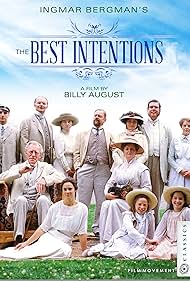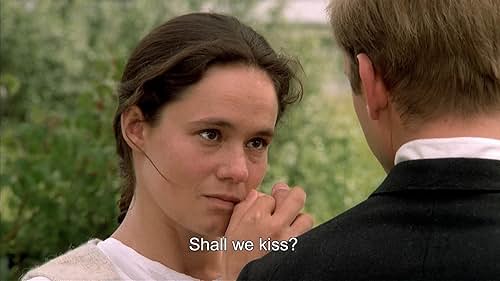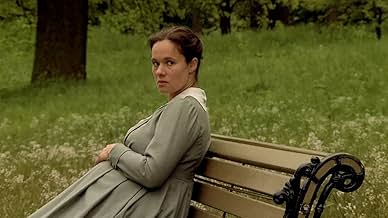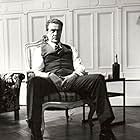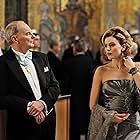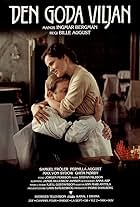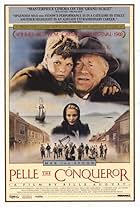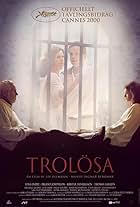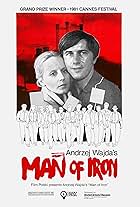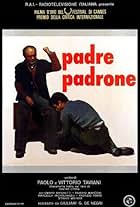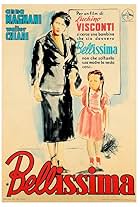The winner of the Palme d'Or in 1992, The Best Intentions gave Danish director Bille August his second win of the highest award of the most prestigious film festival in the world, for a film Ingmar Bergman had written. Bergman himself never won the award and didn't direct The Best Intentions, even though he was still directing two decades after his fictional retirement with Fanny and Alexander (1982). If most people in English-speaking countries have never heard of The Best Intentions, there may be a reason- the vast majority would find a three-hour, subtitled unhappy marriage drama unappealing and boring. To some, however, there is a lot to recommend here.
The film touches on issues of faith, the role of church in a changing society, a deteriorating marriage- many topics of which appear throughout Bergman's filmography. A priest struggles on the outskirts of the world in a small community, believing he might do some good, but his wife is deeply unhappy. There are some conflicts with locals who do not like him, including for renting out the church for socialist meetings. Henrik himself is no saint, not particularly deep, sometimes violent against his wife- aspects we see of him as the fictionalized Edvard in Fanny and Alexander. But here we see him suffer a lot more, and it inspires sympathy. Edvard also suffers and I felt sympathy for him too, but Fanny and Alexander is not his film. In a way, The Best Intentions feels like both Ingmar's criticism and reconciliation with his deeply flawed parents.
The Petrus subplot also inspires sympathy and shock- the running to the stream scene is by far the most intense part of the film. It's definitely worth a mention, even if it makes a small part of the running time.
